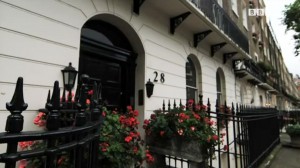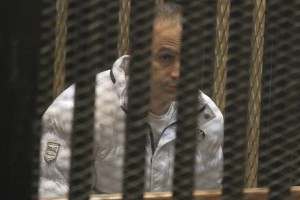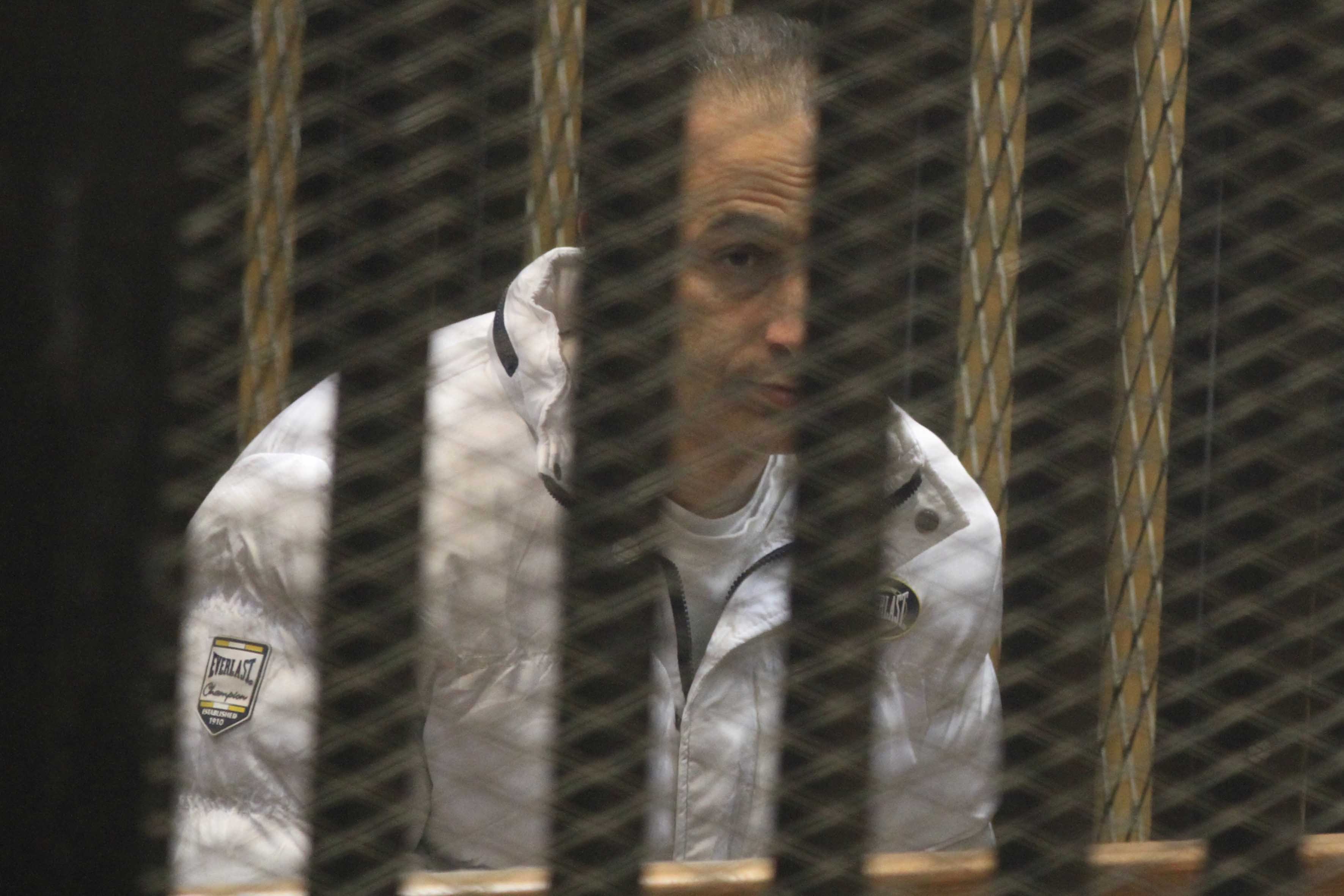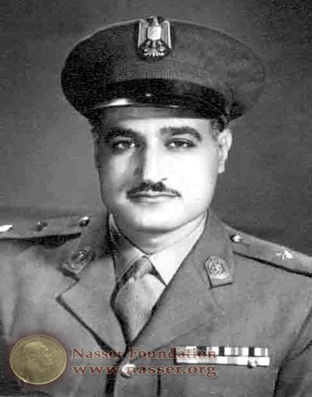
(Photo By BBC)
“Will Egyptians ever see their stolen billions again?”
This was the main question BBC Arabic attempted to answer through its investigative documentary “Egypt’s Stolen Billions”. The documentary was aired in September 2012 causing controversy and provoking heated debate throughout the political and media spheres.
The documentary showed countries where Egyptian illicit assets have been located so far. Most important, it discussed the Swiss, British and Egyptian asset recovery efforts, concentrating its criticism on the British government for missing out on certain assets that the investigative team were able to trace through publicly accessible companies records. The investigation revealed there was no indication of freezing ownership of a large building at Wilton Place in London, which is estimated to be worth £10m and was used by Gamal Mubarak until the revolution.
In late March, the Egyptian Initiative for Personal Rights (EIPR) held a forum to discuss its report called “Can we recover our Stolen Assets?” along with a long research paper “Desperately Seeking Gamal” by Nick Hildyard, director of British NGO The Corner House, which supports community movements for environmental and social justices.
The discussion evaluated in depth the recent updates on asset recovery, the legal and political hurdles and the efforts exerted by the Swiss, British and Egyptian governments.
Swiss delays repatriation of funds
According to the report, Global Financial Integrity, a US-based advocacy group, estimated the illicit outflows from Egypt under Mubarak to be around $ 132bn. However, this may be a large underestimation of the true figure due to the lack of information on tracing ownership and transactions of these funds.
Countries such as Switzerland and the UK are two important countries where large amounts of assets have been smuggled to. The two countries have moved in different directions when dealing with stolen Egyptian assets.
It is true that they both embarked on freezing some assets after the downfall of the Mubarak regime, but while the Swiss government has been seemingly more cooperative and eager to help Egypt, the UK has been described as rather reluctant partner in the recovery process.
Switzerland has been by far the most active country in terms of freezing assets, where illicit funds were estimated at $767m. According to Egypt’s Stolen Millions, the Swiss country froze the assets of 19 figures in the old regime just 30 minutes after former president Hosni Mubarak stepped down. This is an extraordinary quick response, in contrast the UK took over a month to act.
Osama Diab, a social and economic justice researcher at EIPR, outlined the different legal paths Egypt could be taking with Switzerland.
“We have looked into the legal codes of the countries where Egypt’s stolen assets have been located. In Switzerland, we found that the legal codes allow Egypt to choose one of three paths,” he says. “The first is to link crime to stolen assets; in other words, the money has to be connected to a certain crime to be attained. This is extremely hard to achieve because of the rampant corruption over the course of the Mubarak era.”
Switzerland requires Egypt to issue final court rulings convicting defendants so as to repatriate the money. Without a court verdict, there is no evidence that the claimed assets were either illicit or laundered. Also, the verdict must be issued from a civilian court since verdicts from military tribunals are not recognised in European countries.
Diab continues: “The second path is to validate that the Mubarak regime was an organised criminal group. This is also hard to prove in Egypt because there is a lack of information and evidence regarding corruption.” He adds: “Finally, the third path is when the state becomes a failed state, when its judiciary and prosecution systems are not operating properly, Switzerland carries out the investigations, collects evidence and returns the illicit assets it finds to the country claiming it.”
Nevertheless, Egypt has not reached the condition of being a completely failed state, which leaves the first pathway, but it’s a time-consuming and is thus delaying the process of asset recovery.
Last January Switzerland delayed repatriating the frozen assets due to the political instability in Egypt. The Federal Criminal Court of Switzerland denied Egyptian government officials access to the frozen assets case file, citing current violations of human rights and political turmoil in the country.

(Photo by Mohamed Omar)
London’s reluctance
Since March 2011, the British Treasury’s Asset Freezing Unit froze Egyptian assets estimated at £85m.
The Egyptian and British officials interviewed on Egypt’s Stolen Billions traded accusations, each side blaming the other for delaying asset recovery. The British government blamed the Egyptian government for the lack of information it is providing, while Egyptian officials accused the British government of being reluctant to cooperate.
However, in response to the criticism aired on the documentary, the UK government, under the leadership of Prime Minister David Cameron, pledged to establish a task force to support countries involved in the so called ‘Arab Spring’ collect evidence to pursue court cases and return stolen assets.
The British Taskforce on Asset Recovery visited Cairo in January and worked with Egyptian authorities to obtain information on the location of stolen assets in the UK. However, no further updates were made available to the public about any new findings by the taskforce.
A representative from the British embassy in Egypt, who preferred to remain anonymous, affirms that the British government is doing its utmost to return Egypt’s funds.
The complexity of the situation increases due to the fact that not only are governments, courts and banks the primary actors involved in asset recovery, but also private companies and partners of different nationalities.
Hildyard of the Corner House organisation led research into Mubarak’s assets. He traced some of the main private equity firms that Gamal Mubarak owned shares in. His research examined three companies; Medinvest in the UK, Bullion in Cyprus and EFG Hermes Private Equity based in the British Virgin Islands. Investigating Bullion and EFG Hermes, Hildyard found a long list of similar companies in Egypt, including Edita for foods, that still need to be examined.
He explained how the networks of ownership of these companies work. As an example, the parent company would exist in one country and its subsidiaries are in other countries. This makes tracing assets a complex process due to the multiple jurisdictions to which each company and its subsidiaries are subject.
The ownership of these companies is hard to trace because they are bought and sold to shareholders who could only buy a certain percentage of shares. Thus each company becomes a portfolio of shares. Finding the names of shareholders becomes an extremely difficult process.
Hildyard notes, however, that in his report he does not say nor confirm that the assets of Gamal Mubarak he managed to trace were used in money laundering.
“The research I have done only identifies the areas, assets and questions that the Egyptian and British authorities should be examining,” he emphasises.
Legal quandaries and current status
Ahmed Hossam, a lawyer at EIPR, explains further legal dilemmas that stand in the way of asset recovery. Since linking crimes committed to stolen assets is necessary for both Switzerland and the UK authorities, the acquittals granted to the former regime officials in one case after another jeopardise the return of stolen assets.
“We have been facing the same scenario in every lawsuit against officials and figures of the former regime. Each case where the defendant is convicted, the case goes to the Court of Cassation which cancels the conviction ruling and orders a retrial, which then acquits the defendant,” Hossam elaborates.
Plenty of evidence exists to affirm Hossam’s conclusion. He gives the examples of Ahmed Ezz, the former secretariat of the National Democratic Party, and Zohair Garana, the former minister of tourism, where both men were acquitted by the Court of Cassation breaking the link between their alleged crimes and the funds associated with these.
Hossam points out that there is no real political will to get back Egypt’s smuggled funds.
He also explains how Egypt’s laws are crippling the process rather than facilitating it. In January 2012, the Supreme Council of the Armed Forces passed Law 4, which addresses crimes of public funds. It passed days before the first post-revolutionary parliament assembled.
During the Mubarak era there was a marriage between politics and business; in other words politicians, members of the dissolved National Democratic Party and parliamentarians were also businessmen and investors. Many of them bought and sold land from the government at a lower price than that of the market. However, under the former regime, these violations were accommodated and concealed.
After the revolution, most of the former regime’s figureheads were prosecuted for corruption crimes. Under Law 4 for the year 2012, these businessmen and investors are allowed reconciliation with the government if they paid money equivalent to the cost of the corruption they committed, freeing them from the threat of being prosecuted for their crime.
The law was encouraged and passed because it allows the government to retrieve money without needing to gain convictions in court. However, the law is criticised because it has loopholes that would allow politicians who are neither businessmen nor investors to have a chance to reconcile with the government. This is palpable in the case of the illegal gifts from Al Ahram Foundation.
According to Hossam, reconciling with officials of the former regime who illegally seized public funds is a procedure alien to Egypt’s legislative history. “Our legislation is very unique in its take on crimes of seizing public funds. Even after the defendant is dead, his/her case stays in court until a verdict is passed,” he explains.
Diab comments on the law saying: “It will cancel lawsuits and thus diminish the likelihood of acquiring evidences needed to repatriate assets and funds. Additionally, it will reproduce the same policies that led to financial corruption under Mubarak.”
The law was heavily criticised when it was passed and up until now many lawyers are critical of it, calling for its abrogation.
Hossam comments on these drawbacks by saying: “The law is a new cover for investors and businessmen to be corrupt and go unpunished; it will help those investors evade accountability. In cases of a magnitude such as public funds, there should not be reconciliation.”
Future prospects
The Egyptian government has several agencies working on the asset recovery process such as the Illicit Gains Authority, the International Cooperation Bureau, the Money Laundering Unit at the Central Bank, and counsellors from the Ministry of Justice.
Additionally, it is recruiting experts and forming several fact-finding committees to work on repatriation procedures for funds abroad. While the assets, if returned, could help Egypt survive its current economic and financial distress, these efforts have so far not been fruitful, causing a great deal of domestic criticism of the government.
It is in these circumstances that civil society groups have launched their own campaigns to run a parallel track to that of the government. The Popular Campaign for Repatriation of Egypt’s Stolen Funds (PCRESF) was formed in June 2011. It focused mainly on lobbying abroad and pressuring foreign governments where Egyptian assets were located to carry out the necessary steps to return Egypt’s assets.
The campaign has been collecting documents and data, writing petitions, meeting delegations and working through its volunteering representatives abroad in Canada, the US, Spain, France, the UK, Austria, Switzerland and the Gulf countries. It has also directed criticism to countries such as the UK for its reluctance to follow through with asset investigations. PCRESF has also followed up on the criminal lawsuits against some of the corrupt Egyptian businessmen who have fled Egypt such as Hussien Salem, who is currently residing in Spain.
Motaz Salah El Din is the director of PCRESF. He recounts the steps the campaign has taken to keep its pressure on foreign governments.
“We have mobilised groups to hold demonstrations, contacted media outlets to write about the case, wrote petitions and met with parliamentarians. Our campaigning was more successful in some countries than others,” he says.
Salah El Din shares the same sentiments as Hossam. He says: “There is no political will at all to get this money back; on the contrary there is suspicious laxity in the way the government is dealing with the situation.”
The campaign raised certain demands on President Mohamed Mosri and the current government. However, according to Salah El Din, the government “does not listen”.
“We have certain demands for the current government; first we reject their intervention in the work of judicial investigations and work, second we hold them accountable for any further reconciliation with the figureheads of the former regime and we demand them to repeal any laws that call for such infamous reconciliation [reference here is made to Law 4 passed in 2012].
“We demand the government not pass any further reconciliation laws (as we heard from some governmental officials). Finally we want to have a separate fund for all the money and assets Egypt is able to restore,” he says.
Despite the daunting process that asset recovery is taking because of the legal mazes, jurisdictional quandaries and complexities of tracing financial records and drawing criminal connections, groups like PCRESF remain hopeful that maybe one day Egyptians will get back their stolen billions.




